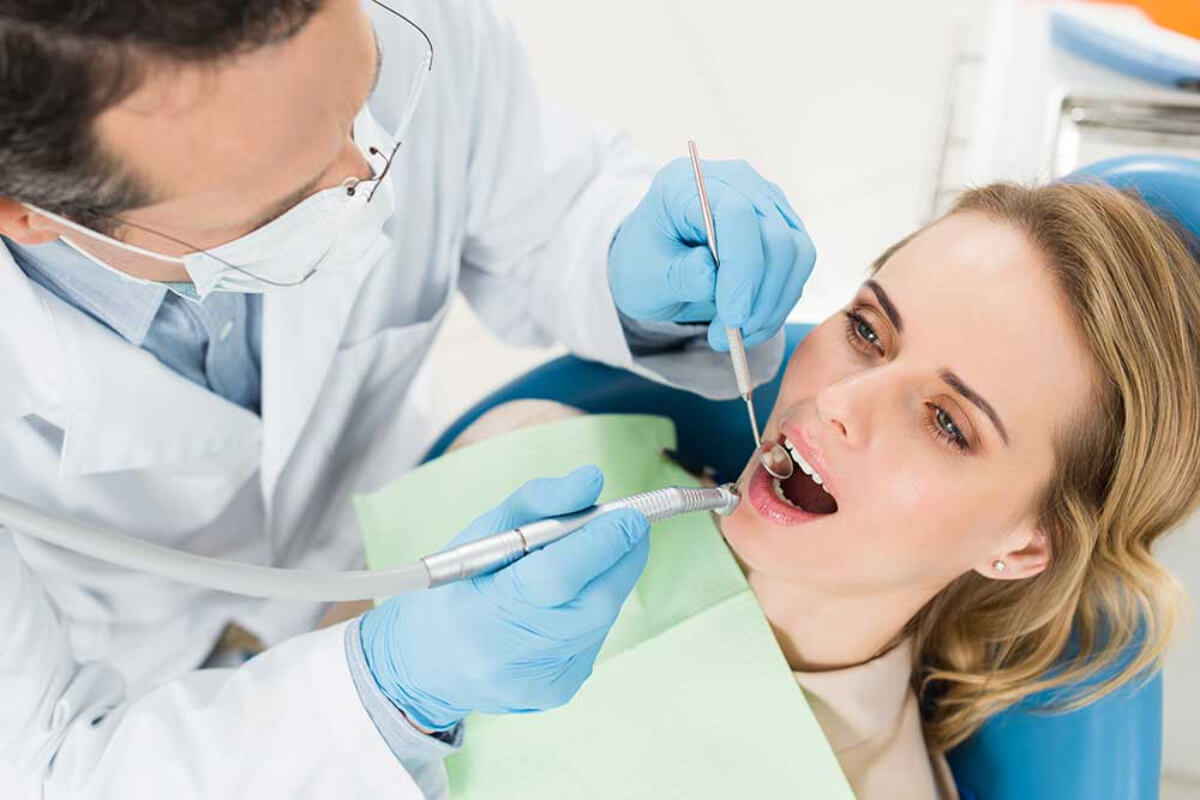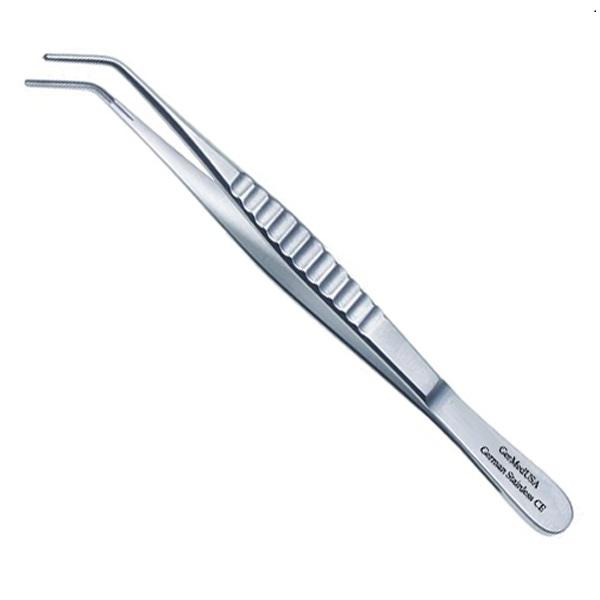Tooth Extraction 101: Important Things You Should Know

Ah yes, tooth extractions. The label can sound almost as daunting as the accompanying procedure. But that’s because many people are rather unfamiliar with the treatment and what it entails. It’s okay to experience feelings of nervousness at the prospect of requiring a tooth extraction.
That’s why, we encourage all our patients to visit a dentist in Lethbridge for a consultations prior to undergoing any type of dental procedure. They’ll be able to answer all your questions and concerns. So, if you’re looking for more information on receiving a tooth extraction in Lethbridge, give us a call today!
Things to Know About Tooth Extractions
If you need a tooth extraction, one of the best ways to feel more at ease about the whole situation is to understand it better. To help you with this, here is a list of the most important things you should know about before undergoing the procedure:
What is a tooth extraction?
As is evident by the name, tooth extractions are a denture procedure that involves extracting one or more of your teeth. This process typically requires surgery.
What are the types of tooth extractions?
There are two main types of tooth extractions in Lethbridge that you can receive with dentist near you, and they are simple tooth extractions and complex tooth extractions.
A simple extraction is concerned with teeth that are visible in your mouth. This process is not as invasive as that of complex extraction.
On the other hand, a complex tooth extraction, sometimes referred to as a surgical extraction, involves removing teeth that are not visible in your mouth. The most common example is wisdom teeth removal.
Why does my tooth need to be extracted?
There are many reasons why a dentist may recommend this treatment to you. These reasons often include the following:
- The tooth in question is harming other teeth such as putting unnecessary pressure on them.
- It’s causing problems with your jaw.
- You have sinus pain or pressure. Regarding your wisdom teeth especially, also called your third molars, these teeth can cause you to experience frequent congestion.
- Your gums are inflamed. If this is left untreated, gingivitis and gum disease (periodontal disease) can manifest. If such conditions occur, you may need to visit a periodontist near you for more information. A periodontist is a dentist who specializes in the diagnosis and treatment of gum disease as well as installing dental implants.
- You are dealing with severe tooth decay. This is also a common occurrence, especially since our premolars and molars are some of the hardest teeth to brush and floss properly.
- Poor tooth alignment, which can cause problems with your bite.
- You have an abscess or a cyst.
Do all wisdom teeth need to be extracted?
No. However, it’s important to remember that everything depends on the state of your oral health and what your dentist thinks is best.
Sometimes, people don’t need to have their wisdom teeth removed at all. This is the case if your teeth are healthy and have fully emerged at the back of your mouth, if they’re not damaging your other molars, and if they are properly aligned.
That said, if your wisdom teeth aren’t removed now, they may still need to be taken out further down the road. A large majority of people do need to have their wisdom teeth extracted, making this a very common procedure.
Why do I have wisdom teeth?
Many people are both curious and confused about the purpose of our wisdom teeth, especially since they’re most likely going to be removed when you’re older. There are a number of different beliefs surrounding this issue; some think that they’re due to our biology evolving from our ancestors. But there is no definitive answer.
When do wisdom teeth come in?
Usually, wisdom teeth begin to erupt between the ages of seventeen and twenty-five, though it varies from person to person. In rarer cases, some people don’t have any.
What does a tooth extraction in Lethbridge look like?
First, your dentist must deem you a suitable candidate for a tooth extraction.
During your first visit, your dentist or oral surgeon will perform a comprehensive evaluation of your teeth and gums. They’ll also take a series of dental x-rays to establish not only a baseline of your oral health, but so they can identify the extent of care that is needed.
Next, they’ll administer local anesthesia, usually in the form of an injection. This is done to keep you comfortable and calm throughout the duration of the treatment. You won’t feel any pain while your dentist works.
Your tooth needs to be loosened first so it can be extracted as little difficulty as possible. Dentists use an instrument known as forceps to do this. Then your tooth is removed from its socket. Your dentist will then clean and seal the sight with stitches. This will also help reduce any bleeding that may occur.
Once this is done, you’ll need time for your mouth to heal. If you experience any minor bleeding or swelling after your surgery, that is normal and there’s no need to worry. However, if you experience constant, acute pain, bleeding, or inflammation, contact your dentist as soon as you can.
You may need to return to the dentist for a follow-up appointment so your dentist can check to see that everything is on the right track.
Will I receive anesthesia?
Yes. Regarding complex tooth extractions specifically, local anesthesia is given to the patient.
If you suffer from extreme dental anxiety, talk to your dentist about oral sedation. Depending on your preferences and what makes you feel comfortable, anesthesia can also be administered by means of a pill, through an IV, or in the form of a gas that you breathe in.
What’s the healing process like?
You’ll likely experience some minor aches and pains in the hours following your tooth extraction. Again, this is normal. Here are some tips you can follow to help you through the recovery period:
- Take Advil or Tylenol to manage the pain.
- If you do experience bleeding, bite down gently on a piece of gauze for a few moments. If possible, leave the gauze atop the surgical site for an hour or two to control the bleeding.
- If you have facial swelling, press a cold pack against the side of your mouth that received the treatment.
- Don’t rinse, spit, or use a straw for twenty-four hours. Doing so can potentially dislodge the blood clots that are forming in your mouth.
- Eat soft foods! Applesauce, soup, mashed potatoes, ice cream and milkshakes, and pudding are all great options.
- Be sure to prop up your head while you sleep to reduce the chances of bleeding.
- You can brush and floss your teeth as normal, but just be sure to avoid the surgical site.
How do I go about receiving a tooth extraction?
If you’re looking to receive convenient, reliable tooth extraction treatment, call or come int o our local best dentist near you! You can also visit our website as well. Our staff is here to walk you through the process from beginning to end so you don’t experience any surprises.
You deserve to be proud of your smile and, by extension, your oral health. We very much look forward to working with you! Contact Us Absolute Dental Lethbridge today!




